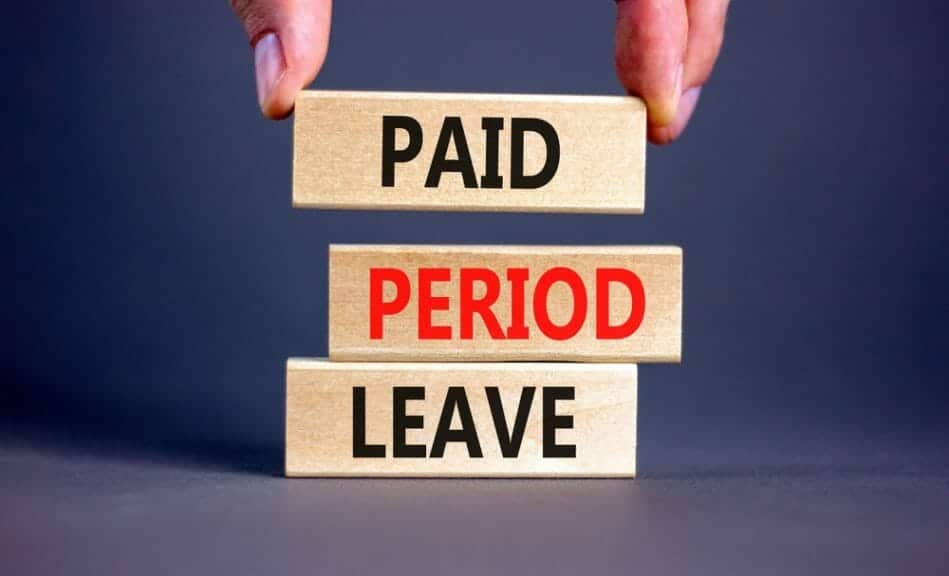Spain has introduced ‘Menstrual Leave,’ making it the first European country to do so. This law provides the right to a three-day paid leave- with the flexibility of lengthening it to five days in more severe cases.
Spain and some Southeast Asian countries, including Japan, South Korea, Indonesia, and Taiwan, also have laws to protect women who suffer from painful cycles or other reproductive issues.
The Benefits of Menstrual Leave
Periods, in general, have been a taboo topic for centuries, often considered ‘dirty’ or associated with weakness, shame, and embarrassment.
An article from ‘The Washington Post‘ explains that:
“Between 15 and 25 percent of people who menstruate will experience moderate to severe menstrual cramps”.
The Washington Post, ‘Menstrual Leave: Why some companies are offering time off for periods’.
And that is just with a regular cycle. The report further explains how some people suffer from health issues associated with periods, such as Endometriosis or uterine fibroids.
According to the press release by Endometriosis UK, 62% of women would put off going to the doctor with symptoms of Endometriosis. This is due to it being stigmatized as ‘not serious enough to bother a doctor with,’ our out of fear of not being taken seriously.
“Endometriosis is a condition where tissue similar to the lining of the womb grows in other places, such as ovaries and fallopian tubes”.
NHS UK

The symptoms of these issues can range from heavy bleeding and more extreme pain. Other symptoms can include lower back soreness, pain during sex, and cramps which can stop everyday activities.
Some doctors have even compared it to being ‘as painful as a heart attack.’
“Fibroids are non-cancerous growths that develop around the womb (uterus). The growths are made up of muscle and fibrous tissue, and vary in size”.
NHS UK
With this in mind, it is clear that action toward supporting women suffering from menstrual pain is essential. Even today, many conditions related to the uterus are not taken seriously.
CEO of Endometriosis UK, Emma Cox, says “Endometriosis affects 1.5 million in the UK, yet it is still all too often considered a taboo or unimportant due to links with the menstrual cycle”.

Introducing menstrual leave ensures people who suffer from painful menstrual cycles have time off to recover, which helps validate and promote positivity and understanding around periods.
The Stigmatising Side of Menstrual Leave
Understandably, there are arguments against menstrual leave. The point of view from some is that it further labels having a period as making you ‘weak’ or ‘incompetent.’
In an article from EuroNews, an associate professor at the University of Sydney said:
“Is it liberating? Are these policies that recognise the reality of our bodies at work and seek to support them? Or is this a policy that stigmatises, embarasses, is a disincentive for employing women?”
Elizabeth Hill, University of Sydney. Euronews.next
It is uncertain whether or not other European and western countries will follow in the footsteps of Spain by providing menstrual leave. However, it is crucial to consider the implications which come along with it.
Throughout history, and until this day, periods have been used as an excuse for treating women as weak, emotional, and inferior.
But along with proper education and understanding of the menstrual cycle and all its complications- there may be hope for menstrual leave becoming the norm!














